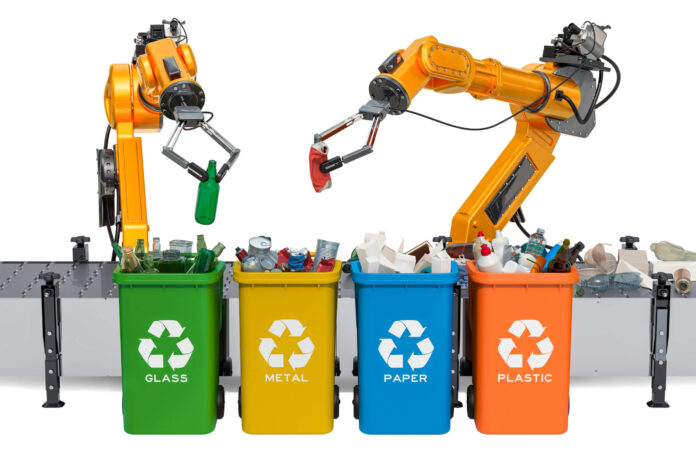As the world becomes increasingly aware of the negative impact that humans are having on the planet, there has been a growing focus on sustainability and reducing waste. One technology that is proving to be particularly effective in this regard is artificial intelligence (AI). In this blog post, we’ll explore the role that AI is playing in improving sustainability and reducing waste.
AI and Sustainable Agriculture
One of the major areas where AI is being used to promote sustainability is in agriculture. With the world’s population projected to reach 9.7 billion by 2050, there will be a growing demand for food. However, traditional farming methods are often inefficient and can have a negative impact on the environment. By using AI to optimize crop yields, reduce waste, and minimize the use of pesticides and fertilizers, farmers can produce more food while also reducing their environmental impact.
One example of this is the use of AI-powered drones to monitor crops. These drones can fly over fields and use sensors and cameras to collect data on soil moisture, temperature, and other environmental factors. This data is then analyzed using AI algorithms to provide farmers with insights on how to optimize their crop yields and reduce waste.
AI and Waste Reduction
Another area where AI is proving to be effective in promoting sustainability is in waste reduction. The world generates over 2 billion tons of municipal solid waste every year, and this is projected to increase to 3.4 billion tons by 2050. By using AI to optimize waste management processes, we can reduce the amount of waste that ends up in landfills and improve the overall sustainability of our communities.
One example of this is the use of AI-powered robots to sort and separate recyclable materials. These robots use sensors and cameras to identify different types of materials and separate them into different streams for recycling. This process is faster and more accurate than traditional manual sorting, and it can help to increase the overall recycling rate in communities.
AI and Energy Efficiency
Finally, AI is also being used to promote energy efficiency and reduce greenhouse gas emissions. By using AI to optimize energy consumption, we can reduce our reliance on fossil fuels and lower our carbon footprint.
One example of this is the use of AI-powered smart grids. These grids use sensors and other data sources to monitor energy consumption in real-time and optimize the distribution of energy to different areas. By doing so, we can reduce the amount of energy that is wasted and improve the overall efficiency of our energy systems.
In conclusion, AI is playing an increasingly important role in promoting sustainability and reducing waste. By optimizing crop yields, improving waste management processes, and promoting energy efficiency, we can reduce our environmental impact and create a more sustainable future. As AI continues to advance, we can expect to see even more innovative solutions to the challenges of sustainability and waste reduction.





